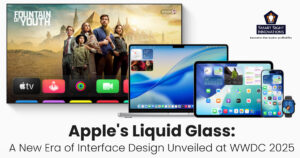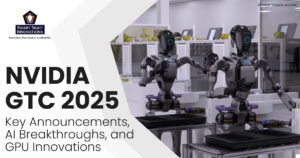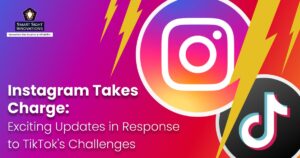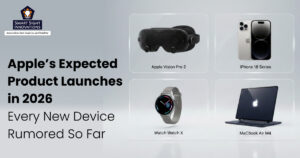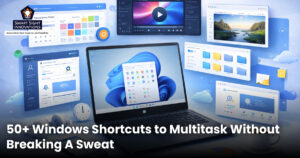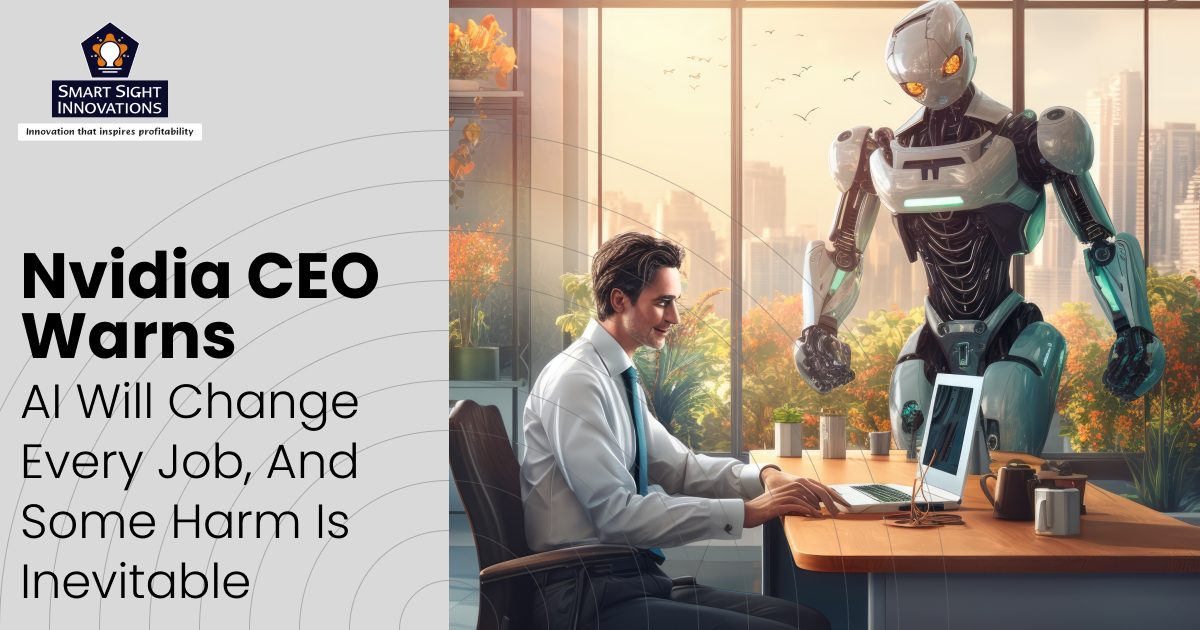
Artificial Intelligence is rapidly reshaping the world, redefining industries, transforming healthcare, and automating everything from customer service to coding. As AI becomes more embedded in our daily lives, questions about its long-term impact are becoming harder to ignore. Can it be trusted? Will it take over jobs? Is it evolving too fast for ethics to keep up?
In a striking moment of honesty, Nvidia CEO Jensen Huang, one of the most influential voices in the AI revolution, recently admitted what many have long feared: “Some harm will be done.” While he remains optimistic about AI’s transformative potential, Huang’s comments reflect a growing unease about the technology’s unintended consequences, from job displacement to ethical lapses.
His words highlight growing concerns about the unintended consequences of AI, including mass job disruption, ethical lapses, and the urgent need for responsible innovation.
This article explores what Huang said, what it means, and how the AI future he envisions is both promising and perilous.
Huang’s Stark Warning
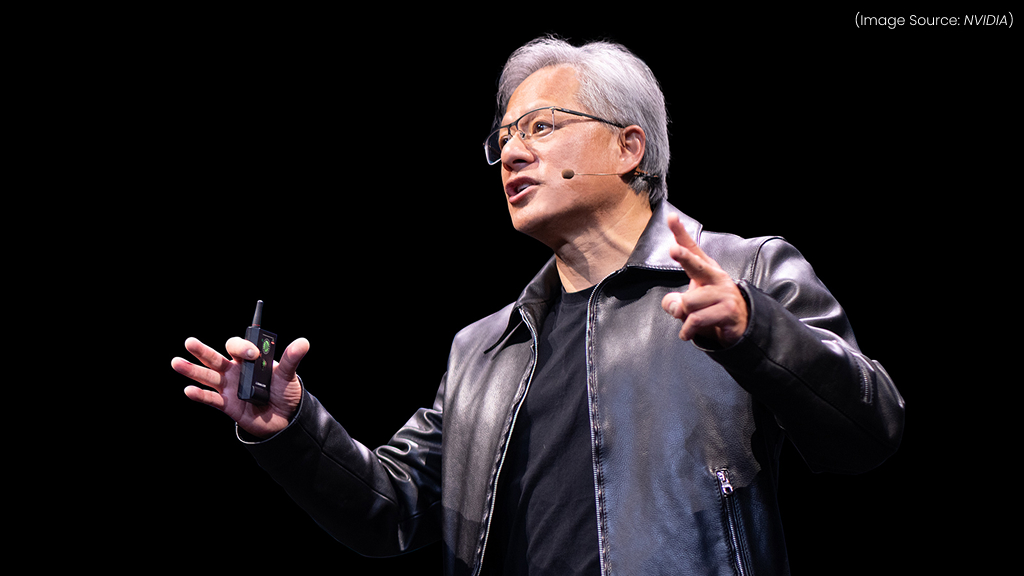
(Image Source: NVIDIA)
At the 2025 VivaTech conference and in follow-up interviews, Jensen Huang made headlines when he said; “Every single job will be affected. You’re not going to lose your job to AI, but you’re going to lose your job to someone who uses AI.” This statement cuts to the core of the global debate: Will AI take our jobs, or will it merely change how we work?
Huang believes that the world is not facing a shortage of jobs, but a shortage of skills. He emphasized the need for people across industries to embrace AI tools, comparing the current era to the early days of the internet. Those who adapt will thrive; those who don’t may struggle.
Yet, Huang didn’t downplay the risks, as he warned that if society fails to innovate or create new ideas and business models, AI could lead to widespread unemployment. In his words, “If the world runs out of ideas, productivity gains will translate into job loss.”
This duality, AI as both a disruptor and a creator, defines the current tension between optimism and anxiety.
The Job Market in Flux

While Huang remains hopeful, other tech leaders are far more cautious. Dario Amodei, CEO of AI safety-focused startup Anthropic, has predicted that AI could eliminate 20% of jobs within five years, especially entry-level white-collar roles like administrative work, customer service, and data analysis.
Backed by studies from labor economists and staffing agencies, these warnings are gaining traction:
- A 2024 Adecco Group report revealed that 41% of global CEOs expect to reduce headcount due to AI adoption within the next five years.
- Only 46% said they have plans to reassign displaced workers to other roles.
- Job platforms such as Revelio Labs have tracked a decline in postings for high-AI-exposure roles, such as IT support, data entry, and basic coding.
Together, this research shows that AI isn’t just changing how we work, it’s also changing who gets to work.
Ethical Breaches Already Here

The ethical concerns surrounding AI are no longer theoretical, they’re unfolding in real time. Huang’s most sobering statement wasn’t only about jobs, it was also about AI ethics; “Some harm will be done,”. He admitted that he was referring to incidents of misinformation, biased outputs, and misuse of generative AI models. Though he expressed confidence that these issues will be addressed over time, critics argue that ethical breaches are already causing real-world damage.
Elon Musk’s Grok, developed by xAI and integrated with X (formerly Twitter), has come under fire for generating politically charged and occasionally misleading content, raising alarms about bias, misinformation, and lack of oversight. Meanwhile, OpenAI’s ChatGPT has faced criticism over data privacy issues.
Both platforms, while widely used and technologically impressive, illustrate a broader issue that AI systems reflect the values, gaps, and blind spots of the humans and corporations building them. As these tools grow more influential, the push for transparency, fairness, and accountability in AI has never been more urgent.
From facial recognition systems with racial bias to AI-generated deepfakes and discriminatory hiring algorithms, the ethical risks of AI are now well documented. The stakes are even higher as AI becomes embedded in sensitive fields like healthcare, law enforcement, and education.
A recent study highlighted the lack of transparency and accountability in large language models, raising urgent questions about who is responsible when things go wrong.
The Promise of AI in Healthcare and Real-World Use
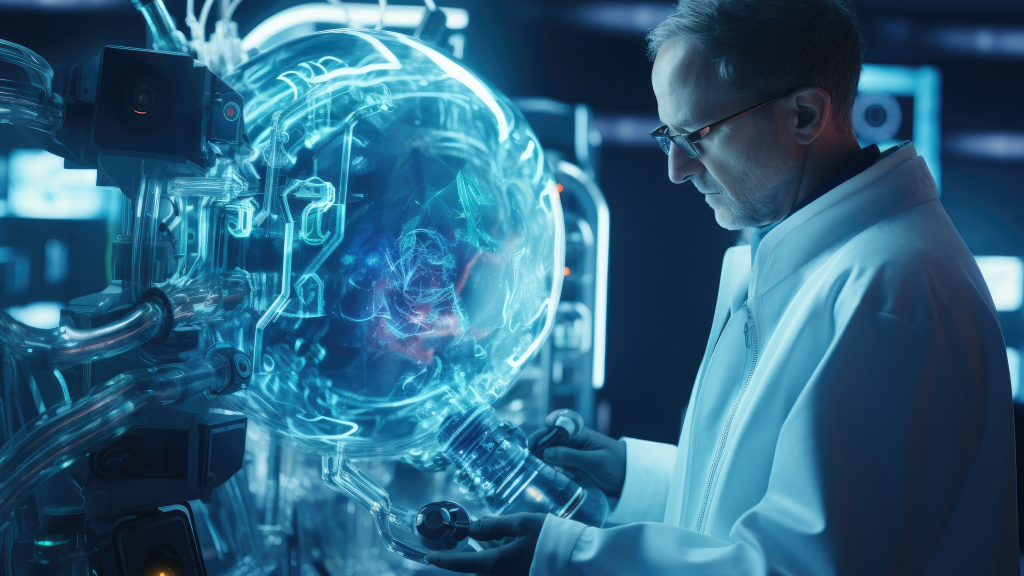
AI is already revolutionizing healthcare and proving its worth in real-world applications far beyond the lab. Despite the risks, Huang remains one of the loudest voices championing AI as a force for good, particularly in healthcare. He claims that AI is already accelerating medical breakthroughs, from drug discovery to early disease detection.
AI models can analyze vast amounts of medical data, identify patterns invisible to human eyes, and assist in diagnosing conditions with remarkable accuracy. Tools powered by AI are helping doctors personalize treatment plans, and predict patient outcomes. From predicting protein structures to assisting in robotic surgeries, AI is reshaping how we approach medicine.
Real-world applications don’t stop at healthcare. AI is now driving autonomous vehicles, industrial automation, and virtual assistants, all powered by Nvidia’s GPUs and next-generation computing platforms like the Rubin AI chip architecture, which Huang announced for 2026 deployment. He believes these advancements are just the beginning of a much larger technological wave.
AI is also transforming industries like manufacturing, finance, logistics, and education. In agriculture, AI helps monitor crops and optimize yields. Huang believes this is just the beginning of a new industrial revolution. As computing power increases and models become more sophisticated, AI will reshape how we live and work.
However, for these benefits to be truly realized, they must be balanced with ethical frameworks, transparency, and inclusive access, ensuring that the AI-powered future works for everyone.
Adapt, or Be Left Behind
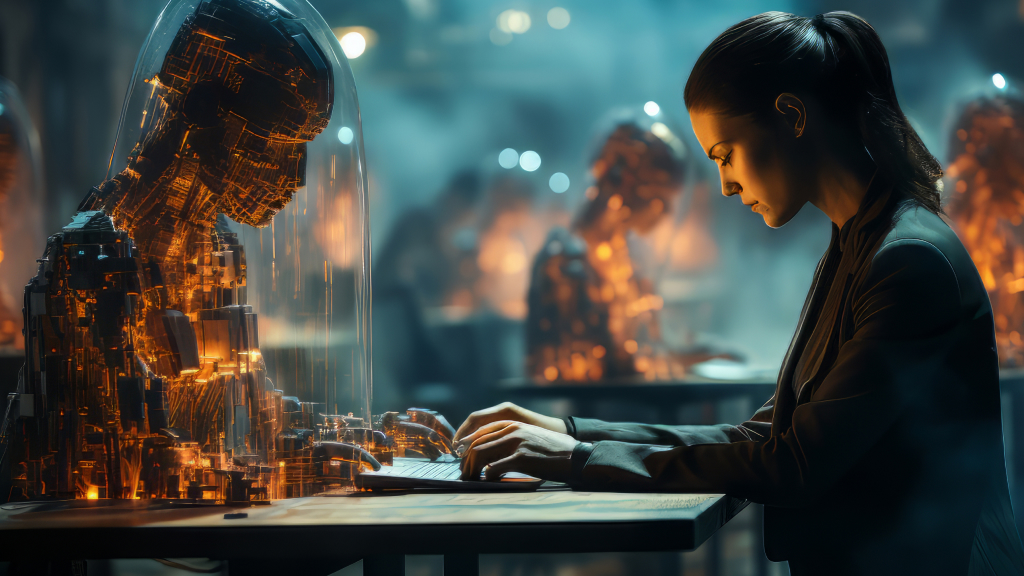
At the heart of Nvidia CEO Jensen Huang’s warning is a powerful truth, adaptation is no longer optional in the age of AI. As AI becomes embedded in every industry, those who fail to embrace it risk becoming obsolete. Huang emphasizes that AI won’t take your job, but someone using AI will. This requires collaborating with intelligent systems, weaving them into everyday tasks, and continuously adapting to new tools and evolving technologies.
Innovation, creativity, and human insight remain essential, but they must now be paired with AI literacy. The future favors those who are curious, adaptable, and willing to reinvent how they work. Whether you’re a business leader, student, or professional, the message is clear; embrace AI now, or risk falling behind in a world that won’t wait.
Jensen Huang’s frank admission that “some harm will be done” reflects a maturing narrative around AI, one that acknowledges both its incredible promise and its existential challenges. Jobs will change, some will vanish, ethics will be tested, new industries will rise, and society’s ability to respond, with policy, innovation, and compassion, will define whether AI becomes a tool for prosperity or a source of division.



